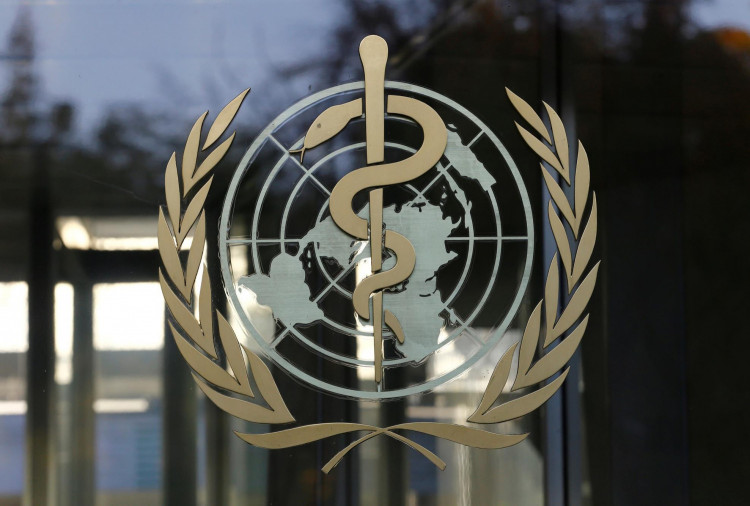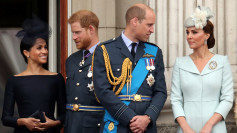The World Health Organization hopes it will be possible to produce hundreds of millions of doses of coronavirus vaccine this year, and 2 billion more by end of 2021, head scientist Soumya Swaminathan disclosed on Thursday.
The WHO is making plans to help decide who should be taking the first doses as soon as a vaccine has been approved, Swaminathan stated.
Frontline staff such as medics, those vulnerable to age or other disease and those working or living in high-transmission environments such as jails and nursing homes would be given top priority.
Swaminathan stressed that researchers were working on over 200 potential vaccines worldwide, including 10 that are currently in human trials. "If we're very lucky, there'll be one or two successful vaccines before the end of this year," she disclosed in a virtual press conference, AFP reported, as posted on CNA.
The chief scientist noted that genetic evaluation data gathered so far has indicated that COVID-19 has not been mutating in ways that would change the severity of the infection.
The WHO on Wednesday disclosed it would halt testing of hydroxychloroquine after evidence found the vaccine had no effect on minimizing the death rate, hospital stay durations, and the requirement for oxygen for hospitalized COVID-19 patients.
A decades-old rheumatoid arthritis and malaria drug, hydroxychloroquine has been at the main stage of scientific and political issues.
Many developed nations including France, Britain, Germany, the Netherlands, and the United States have already made an agreement with major pharmaceutical groups to secure vaccine supplies for their people first.
WHO and its health partners have called for vaccine developers to halt their patent rights on any effective COVID-19 drug and for billions of dollars to acquire vaccines for developing nations. The United States has over 2.1 million confirmed coronavirus cases, statistics from the Johns Hopkins University showed.
On Thursday, the US recorded over 117,00 fatalities from COVID-19. Around the globe, over 8.3 million confirmed cases with more than 449,000 deaths have been tallied.
Executives of pharmaceutical companies said late last month that one or more COVID-19 vaccines could start rolling out before 2021, but cautioned that around 15 billion doses of the vaccine would be required to contain the disease.
Swaminathan said health experts were studying 40,000 new coronavirus sequences and although all viruses mutate, this one was doing so much less compared to influenza and had not yet mutated in the main areas that would alter disease intensity or immune response.






